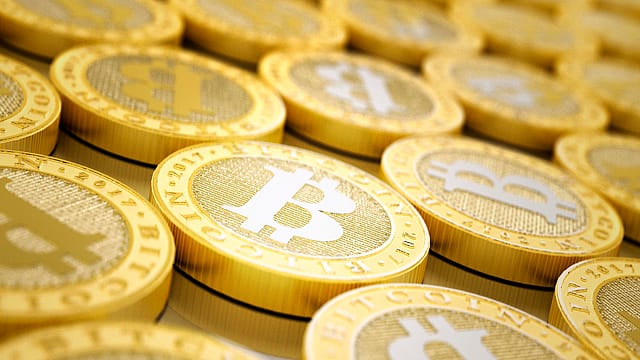India to seek crypto regulation, including possible ban, during G20 presidency: RBI
ADVERTISEMENT

Under India's G20 presidency, one of the priorities is to develop a framework for global regulation, including the possibility of prohibition of unbacked crypto assets, stablecoins and DeFi, the Reserve Bank of India says.
To address potential future financial stability risks and to protect consumers and investors, it is important to arrive at a common approach to crypto assets, the central bank says in its Financial Stability Report.
This comes at a time when the price of Bitcoin has crashed by 74% as on December 14, 2022 from its peak in November 2021. Other crypto assets have also experienced similar falls in prices amid a selloff in cryptocurrencies.
To mitigate financial stability risks in the crypto ecosystem, it is vital for policymakers to design an appropriate policy approach, says the banking regulator.
"In this context, various options are being considered internationally. One option is to apply the same risk-same-regulatory-outcome principle and subject them to the same regulation applicable to traditional financial intermediaries and exchanges. Another option is to prohibit crypto assets since their real life use cases are next to negligible. The challenge is that different countries have different legal systems and individual rights vis-à-vis state powers. A third option is to let it implode and make it systemically irrelevant as the underlying instability and riskiness will ultimately prevent the sector from growing," the RBI says.
January 2026
Netflix, which has been in India for a decade, has successfully struck a balance between high-class premium content and pricing that attracts a range of customers. Find out how the U.S. streaming giant evolved in India, plus an exclusive interview with CEO Ted Sarandos. Also read about the Best Investments for 2026, and how rising growth and easing inflation will come in handy for finance minister Nirmala Sitharaman as she prepares Budget 2026.
The third option, however, is fraught with risks as the sector may become more interconnected with mainstream finance and divert financing away from traditional finance with broader effect on the real economy, the RBI warns, adding that regulation of new technology and business models after they have grown to a systemic level is challenging.
Although the crypto assets market remains volatile, there have not yet been any spillovers onto the stability of the formal financial system. The collapse and bankruptcy of the crypto exchange FTX and subsequent sell-off in the crypto assets market have highlighted the inherent vulnerabilities in the crypto ecosystem, says the Reserve Bank.
Binance, the largest crypto exchange, has also prohibited withdrawals of stablecoins on its platform. The implosion of FTX was preceded by failure of TerraUSD/Luna, an algorithmic stablecoin, a run on Celsius, a crypto lender, and bankruptcy of Three Arrows Capital, a cryptocurrency hedge fund.
The collapse of TerraUSD/Luna is a reminder of how "so-called stablecoins" that promise to maintain a stable value relative to fiat currency are subject to classic confidence runs, the RBI cautions.
"Failure of FTX and Celsius reveals that crypto exchanges and trading platforms were carrying out different functions such as lending, brokerage, clearing and settlement that have different risks without appropriate governance structures. This exposed them to credit, market and liquidity risks disproportionate to what was necessary to discharge their essential functions," the RBI says, adding that leverage is a constant theme across the crypto ecosystem, making failures rapid and losses huge and sudden.
